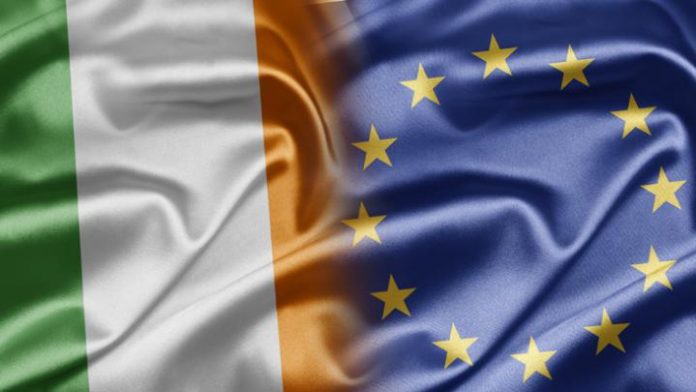The future of cross-border health initiatives in Derry and Donegal funded by the EU is uncertain.
Northern Ireland is part of the UK which in the near future will leave the European Union. Southern neighbour the Republic of Ireland will stay in the EU and benefit from UK and US businesses moving there to have an almost English speaking EU base.
Cross-border healthcare is both official and unofficial, and co-operation between the two countries has strengthened in recent years.
Brexit means that the future of cross-border health initiatives in Derry and Donegal funded by the EU and relying on cross-border labour is uncertain.
An EU Committee at Westminster has described Brexit as a huge challenge for Ireland in a new report.
Ruth Taillon, director of the Centre for Cross Border Studies, warns that groups such as CAWT will have the funding rug pulled out from under them in the event of Brexit. Cooperation And Working Together (CAWT) is a partnership between the Health and Social Care Services in Northern Ireland and Republic of Ireland. The report says that between 2003 and 2015, 40.45 million euros in funding was invested in cross-border health via CAWT.
CAWT has been encouraging health authorities to work together. Children regularly crossed the border for cardiac surgery in Dublin, while a new radiology unit in Derry is a cross border initiative funded, staffed and available to patients on both sides of the border.
Continuance of major projects and the launch of new ones is largely dependent on the provision of EU funds. Unsurprisingly, the EU and its various funds have an embargo on any new funding for any part of the UK.
The report warns that Northern Ireland is still a fragile place, and the introduction of policed borders and loss of cross-border deals could risk the present peace process.
It is not just up to the Republic of Ireland to keep the open border as that will have to be agreed by all the other EU Member States. That is not a given.
Key is the continued open land border within the island of Ireland and also the potential devolution of powers in relation to EU migrants’ right of residence and work within Northern Ireland.







 ©2024 All rights reserved LaingBuisson
©2024 All rights reserved LaingBuisson 


